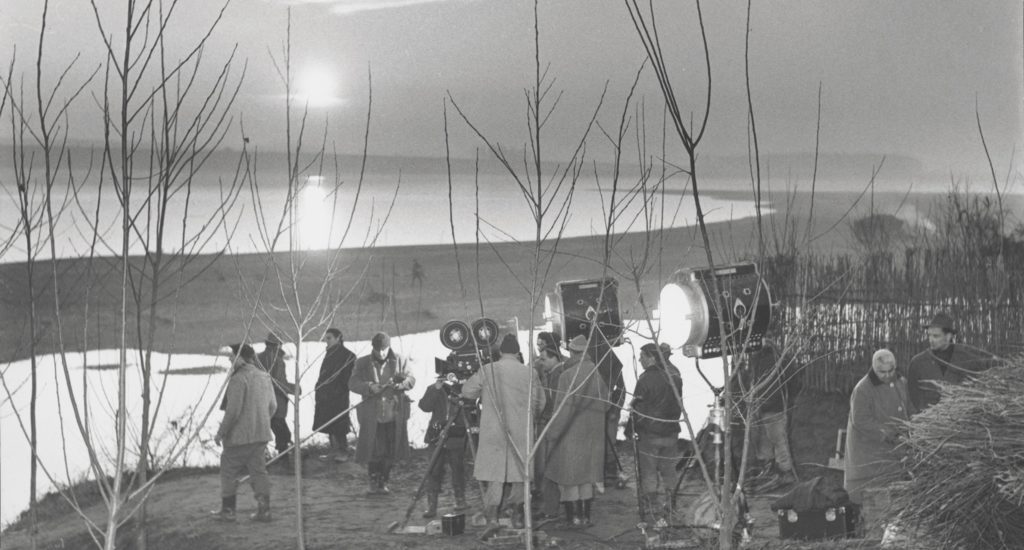
He began publishing his first fiction in the immediate post-war period, but made his name as a novelist in the 1950s with Icaro and Petronio (1950) and above all La bellezza di Ippolita (1955), his most successful novel. It was admired by Eugenio Montale as well as Antonioni, who in 1956 hired him to write the screenplay for Il grido (1957). The collaboration continued with L’avventura (1960), L’eclisse (1962) and the play Scandali segreti, staged in 1957 at the Teatro Eliseo in Rome, directed by Antonioni and with Monica Vitti in the leading role. Having made contact with the world of cinema, Bartolini would continue to work as a screenwriter for other filmmakers, including Alessandro Blasetti (Liolà, 1963) and Florestano Vancini, who was also from Ferrara (La calda vita, 1963; Le stagioni del nostro amore, 1966).
The writer, however, was most closely attuned to Antonioni’s poetic: as he himself stated, in his films “we make a journey, we set off in search of a homeland, in search of an identity, in search of diversification; whatever the reason, we set off and keep going, we move on. It is a journey on which we lose our bearings.” The archive contains four letters from Bartolini (b. 9B/1, fasc. 58) to the director, the screenplays of Il grido, L’avventura and L’eclisse, the screenplay of Scandali segreti, unpublished until 2012, and the treatment, signed by both, of the film, never made, Una rosa è una rosa (1956).
Back to focus